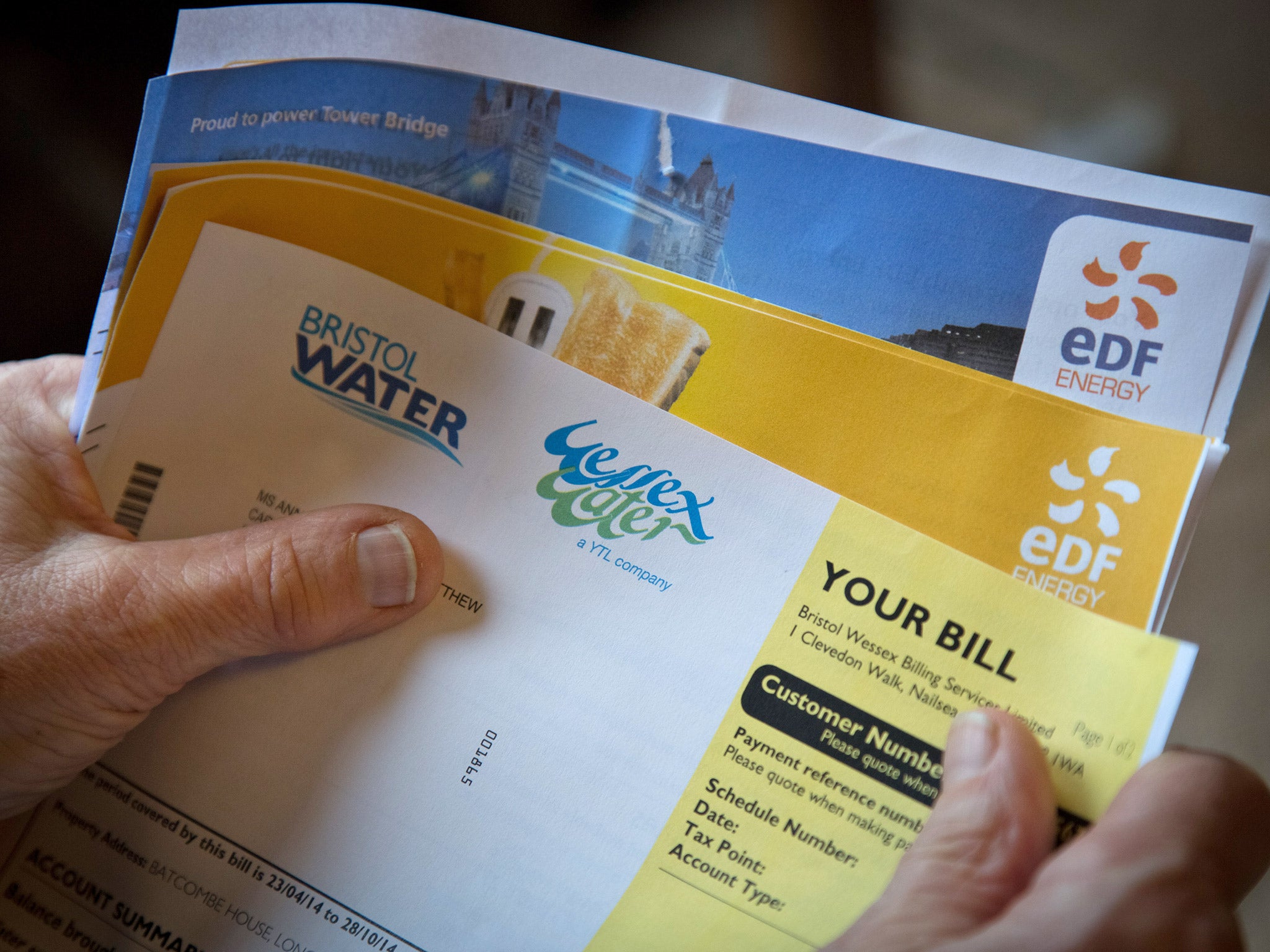Almost half of cancer patients struggle to pay their bills, charity warns
According to 'truly distressing' study one in three of this group say their illness directly affects their money situation

Your support helps us to tell the story
From reproductive rights to climate change to Big Tech, The Independent is on the ground when the story is developing. Whether it's investigating the financials of Elon Musk's pro-Trump PAC or producing our latest documentary, 'The A Word', which shines a light on the American women fighting for reproductive rights, we know how important it is to parse out the facts from the messaging.
At such a critical moment in US history, we need reporters on the ground. Your donation allows us to keep sending journalists to speak to both sides of the story.
The Independent is trusted by Americans across the entire political spectrum. And unlike many other quality news outlets, we choose not to lock Americans out of our reporting and analysis with paywalls. We believe quality journalism should be available to everyone, paid for by those who can afford it.
Your support makes all the difference.Nearly 400,000 people with a cancer diagnosis in the UK struggle to pay off bills as a result of their condition, the country’s leading cancer care charity has said.
The shock findings, based on a survey of more than 2,000 people, found that four in 10 cancer patients are struggling to keep up with financial commitments such as household bills, mortgage payments and credit commitments.
One in three among this group say their illness is directly affecting their money situation.
Macmillan Cancer Support, which carried out the survey, estimates there are 2.5 million people who have cancer diagnosis in the UK, indicating that hundreds of thousands are struggling not only with the physical and emotional impact of the disease, but a financial burden as well.
Many cancer patients have to give up work, as must many family members who have to become part or full-time carers, hitting household incomes.
While the vast majority of cancer patients receive free care and treatment from the NHS, patients often need to pay for additional treatments and for travel to and from appointments.
The charity’s survey found that the cost of cancer was forcing many to cut back on spending on basic things like clothing and food.
One in six of those struggling financially said they didn’t buy new clothing when they needed it and one in seven bought cheaper or less nutritious food. Worryingly, one in 10 in this group said they were skipping meals or reducing portions.
Eating well has a big impact on cancer patient’s overall health, and can affect how well they cope with gruelling courses of chemotherapy and other treatments.
Macmillan said that household heating bills could also rise, as people with cancer tend to feel the cold more, especially during treatment.
The charity said there was no “silver bullet” to address the financial struggles faced by cancer patients, but called on the Government to reconsider proposed changes to the Welfare Reform and Work Bill that would reduce benefits of cancer patients who are unable or in need of help getting back to work by around £30 a week.
Lynda Thomas, Macmillan’s chief executive, said the findings were “truly distressing”.
“They shine a light on just how dire the financial situation has become for many people with cancer in the UK,” she said. “No one should have to worry about where money to pay for their heating is going to come from when they’re going through cancer, or be forced to buy less nutritious food at a time when they need it the most.”
A Department for Work and Pensions spokesperson said people facing a cancer diagnosis will continue to get support through the benefit system.
“Those who are already receiving Employment and Support Allowance, will see no change in the level of benefit they receive. Payments for those placed in a support group, which includes the vast majority of those with cancer, will be maintained at the current level,” the spokesperson said.
Join our commenting forum
Join thought-provoking conversations, follow other Independent readers and see their replies
Comments